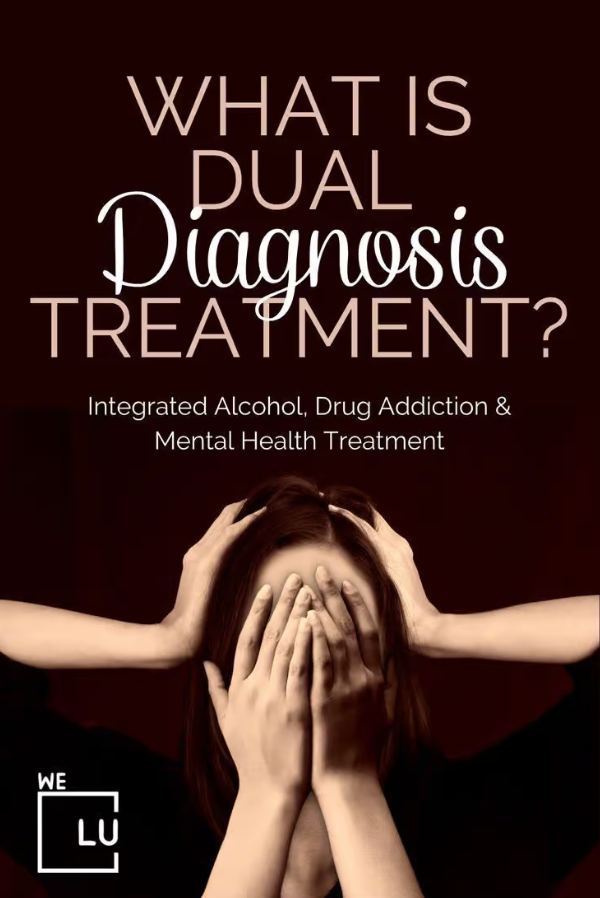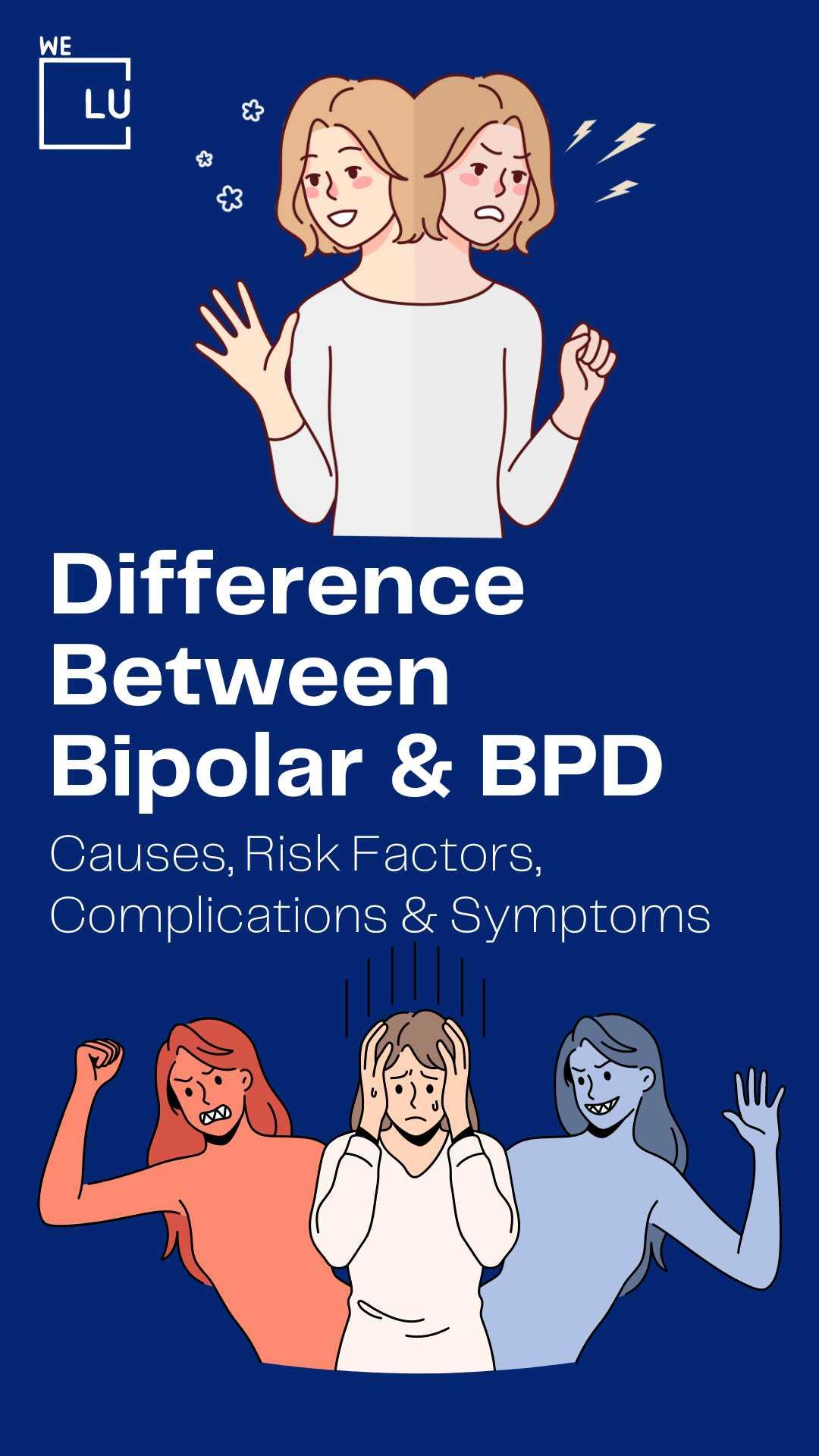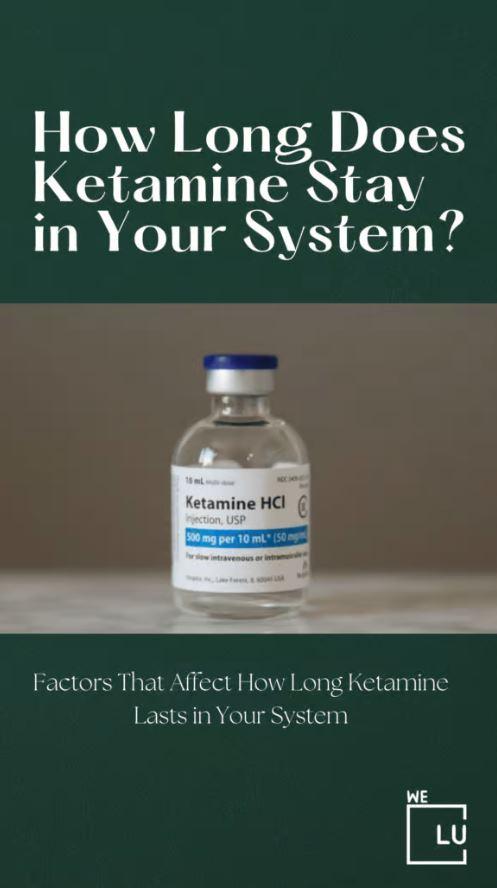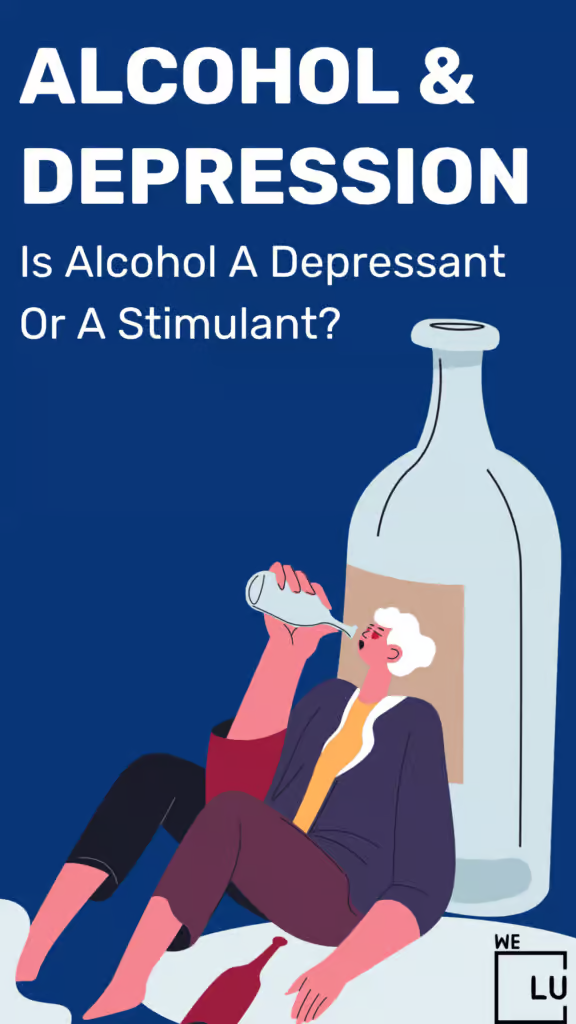Unmasking High Functioning Anxiety
High-functioning anxiety is not officially acknowledged as an illness, but individuals experiencing heightened stress and anxiety may conceal symptoms associated with generalized anxiety disorder. Despite appearing composed on the outside, they often struggle with significant internal worry.
People with high functioning anxiety don’t seem to avoid or withdraw from life. They may have successful jobs, join many community activities, and have solid personal relationships. Yet behind this mask of being successful, these people have constant thoughts of worry, fear, and high stress levels.
If you’re struggling with high functioning anxiety, you may work extra hours, volunteer for different tasks, or try to do all tasks perfectly; you search for clues on how the community defines success and pressure yourself to achieve or exceed these often unrealistic expectations. This extreme push can lead to burnout because of your constant drive to overachieve things due to the fear of failure.
You may overreact to any criticism and severely internalize it. You may disregard self-care like sleep, exercise, and nutrition and face physical health issues linked with chronic stress.
High Functioning Alcoholic Anxiety Symptoms
According to the National Institute of Mental Health (NIMH), between 18 and 28% of individuals in the US have an anxiety disorder during any given year. Within this percentage of individuals with an anxiety disorder, there is a 33 to 45% occurrence rate for a co-existing alcohol and substance use disorder. [1]
The symptoms of a high functioning alcoholic with chronic stress and anxiety include:
- Increased tolerance to alcohol and drugs.
- Frequent feelings of guilt or remorse.
- Drinking in isolation.
- Concealing alcohol use.
- Persistent anxiety or stress.
- Difficulty cutting down on alcohol consumption.
Helping clients struggling with addiction and high functioning anxiety is a crucial part of the We Level Up Texas dual diagnosis treatment. Reclaim your life today! Call us 24/7 for a free consultation.
High Functioning Anxiety Symptoms
Feeling anxious is normal, especially in stressful situations. But for some, persistent and overwhelming anxiety can disrupt daily life, indicating an anxiety disorder. These disorders are widespread, with millions affected globally, and high-functioning anxiety, a subset of generalized anxiety disorder, often goes unnoticed.
Unlike withdrawing from society, those with high-functioning anxiety face their fears while masking symptoms. Both emotional and physical symptoms characterize generalized anxiety disorder, with high-functioning anxiety sharing many of these signs, though some may be more noticeable.
Top 7 Signs of High-Functioning Anxiety
- Excessive worry.
- Perfectionism.
- Overthinking.
- Procrastination.
- Physical tension.
- Restlessness.
- Difficulty relaxing.
Managing High-Functioning Anxiety
There are good attributes to being anxious. Individuals with high functioning anxiety are often caring, empathetic, peacemakers, rule followers, and good residents. Many have a decisive desire to overcome their challenging circumstances. Anxious individuals are unique and must believe in themselves and develop tools to become more confident.
Cognitive behavioral therapy works by helping individuals learn to reframe their thoughts about life and change behaviors that may feed their stress and anxiety. Instead of being self-critical and looking for what could go bad, people with high-functioning anxiety are taught to manage their thoughts, pursue solutions, and guide themselves through anxious emotions.
In addition to psychotherapy, coping tips to ease anxiety symptoms include:
Forget Comparisons
Individuals with anxiety tend to compare themselves to others as they feel the need to improve and want to be more like somebody else. Comparing yourself to others can deprive you of joy and contentment.
Find a Healthy and Balance Life Flow
Each individual has distinct needs and energy levels. Some individuals succeed when constantly moving, while others need time to unwind. Your necessities for sleep, self-care, nutrition, exercise, and work-life balance will vary. You will know you have discovered the proper flow when you feel at peace with yourself with the amount of busy time versus time-out or rest.
Build a Support Network
When you have high-functioning anxiety, you may believe that you must deal with your behaviors alone because you fear criticism or negative consequences. A positive support network of people around you who genuinely care for you, regardless of outcomes, can help relieve anxiety symptoms. This can help you feel less alone and avoid the coexistent of depression.
Identify Core Values
The “right” job, vehicle, house, and material belongings are examples of how society defines success, and this can cause some people with high-functioning anxiety to become obsessed with them. Frequently, these things are only necessary because other people think they are. A therapist may assist you in discovering your priorities outside of societal norms and bringing your ideas and behavior into line with your fundamental beliefs.
Meditation and Mindfulness
This is the conscious awareness and concentration of the current moment. Feelings of peace and tranquility can be enhanced by focusing on one subject at a time.
Setting Healthy Boundaries
Both you and your loved ones can benefit from setting boundaries. The significance of saying “no” is frequently highlighted in defining boundaries. However, some individuals with high-functioning anxiety should also welcome the chance to say “yes” to things that are outside of their comfort zones. The more people confront their concerns, the more life experiences and fulfillment they get.
Learn How to Accept Criticism
Developing the skill of accepting criticism can pose challenges, particularly for individuals with high-functioning anxiety. Responses may involve defensiveness or reactive behavior.
Is Anxiety a Disability?
For anxiety to be recognized as a disorder, it must significantly impact daily life activities. The Social Security Administration (SSA) considers anxiety as a disability if it hinders essential activities and full-time work, depending on individual circumstances and severity. To qualify for disability benefits, individuals must demonstrate that their anxiety renders them incapable of working. [2]
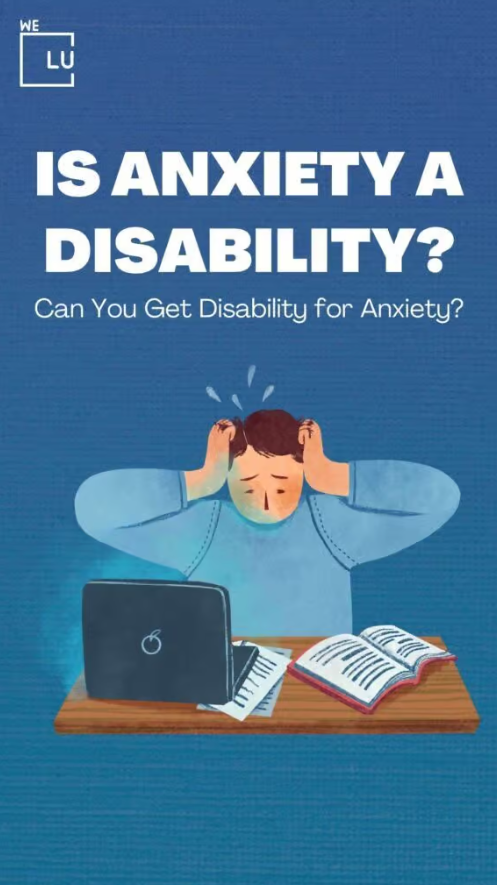
Skip To:
Learn More:
- How to Calm Anxiety Attacks? Symptoms, Causes, and Treatment
- Beta Blockers for Anxiety Benefits, Dangers, and Side Effects
- Separation Anxiety in Adults, Causes, Symptoms, and Treatment
- Does Alcohol Help Anxiety?
- Dangers of Mixing Anxiety Medication and Alcohol
- What is Sleep Anxiety?
- What to Know About Valium for Anxiety
- Alcohol and Anxiety Co-Occurring Disorders
- Mental Health Assessment for Mental Illness Treatment
- Dual Diagnosis Treatment
If you’re struggling with high functioning anxiety and substance abuse, get resources for treatment counseling that works. Start getting support with a free call to our mental health and addiction hotline.
Get Help. Get Better. Get Your Life Back.
Searching for Accredited Drug and Alcohol Rehab Centers Near You? We Level Up Texas Is Opening Soon!
Even if you have failed previously and relapsed, or are in the middle of a difficult crisis, we stand ready to support you. Our trusted behavioral health specialists will not give up on you. When you feel ready or just want someone to speak to about therapy alternatives to change your life call us. Even if we cannot assist you, we will lead you to wherever you can get support. There is no obligation. Call our network hotline today.
FREE Addiction Hotline – Call 24/7What Causes High-Functioning Anxiety?
Circumstances and objects that trigger symptoms of anxiety vary from person to person. Triggers may include perceived dangers, feared objects or situations, certain health illnesses, consuming caffeine, or a general fear of uncertainty. Other significant risk factors may include:
- Psychological Causes:
- Perfectionism.
- Fear of failure.
- Overthinking.
- The constant need for approval.
- Unrelenting self-criticism.
- Biological Causes:
- Genetic predisposition.
- Neurotransmitter imbalances.
- Brain structure and function.
- Environmental Causes:
- Childhood trauma or stressful experiences.
- High-pressure work or academic environments.
- Societal expectations and pressures.
- Relationship difficulties or conflicts.
High-Functioning Autism and Anxiety
According to research published in the National Center for Biotechnology Information (NCBI), appearing in 40% of the cases of autism spectrum disorder (ASD), comorbid anxiety presents unique challenges for healthcare providers. Anxiety amplifies problem behaviors such as social skills deficits, resistance to change, and repetitive behaviors. Furthermore, comorbid ASD/anxiety strains familial relationships and increases parental stress. Research indicates that the neurobiological interactions between anxiety and ASD require comprehensive assessment approaches, modified cognitive behavioral therapy, and carefully managed pharmacological interventions. [3]
High Functioning Anxiety Test
To diagnose an anxiety disorder, a doctor may first rule out other health conditions through physical exams and tests. They may refer the individual for a psychological evaluation if no underlying issues are found. During this evaluation, a mental health professional might use clinical criteria, including the following:
- Excessive worry lasting at least six months.
- Difficulty controlling worry.
- Physical symptoms, such as heightened heart rate and headaches.
- Distress in various settings.
- Recurring panic attacks.
- Fear of social situations.
- Avoidance behaviors.
For those with high-functioning anxiety who may hide symptoms well, honest communication with the mental health provider is crucial for an accurate diagnosis.
High-Functioning Anxiety vs. Other Types of Anxiety
There are many kinds of anxiety disorders, and they can all present differently. Here are some of the most common types:
- Generalized Anxiety Disorder (GAD).
- Social Anxiety Disorder.
- Panic Disorder.
- Obsessive-Compulsive Disorder (OCD).
- Post-Traumatic Stress Disorder (PTSD).
- Specific Phobias.
- Separation Anxiety Disorder.
- Agoraphobia.
- Selective Mutism.
High-functioning anxiety is characterized by individuals who outwardly appear calm and in control while experiencing internal anxiety. They often overachieve and overcommit to cope with their anxiety, concealing their symptoms. In contrast, other types of stress may manifest with more visible signs of distress, varying coping mechanisms, and a different impact on daily functioning.
To summarize the difference between high functioning and crippling anxiety:
| Aspect | High-Functioning Anxiety | Other Types of Anxiety |
|---|---|---|
| Visibility of Symptoms | Concealed, masked externally | More visibly expressed |
| Presentation | Appears calm and in control | Obvious signs of distress |
| Coping Mechanisms | Tends to overachieve and overcommit | May exhibit avoidance behaviors |
| Self-Awareness | Often aware of anxiety but hides it | May acknowledge and openly discuss it |
| Impact on Daily Life | Able to function at a high level | May experience significant impairment |
| Recognition Challenges | Often goes unnoticed or undiagnosed | More readily recognized and diagnosed |
| Response to Stress | Driven to achieve and excel | May exhibit avoidance or panic responses |
Consultation for High Functioning Anxiety and Depression
If anxiety is disrupting your daily life functioning or if someone experiences functional anxiety, you can consult a healthcare professional to explore coping methods and treatment options. Relieving high functioning anxiety disorder can be achieved through self-help, but when needed, psychotherapy and medication are the primary treatments for anxiety disorders.
It’s time to consult a mental health professional if anxiety is constantly affecting your life, hinders daily activities, or includes panic attacks.
Check your insurance coverage for mental health services, seek recommendations from your primary care doctor, or consult with We Level Up Texas rehab healthcare professionals. A thorough mental health examination determines opportunities for treatment. Meeting with mental health counselors and medical care providers means admission to behavioral therapy and medication treatment. Suitable treatment leads to change for better, more restorative living. This is all possible at our dual diagnosis rehab center in Texas.

Get Your Life Back
Find Hope & Recovery. Get Safe Comfortable Detox, Addiction Rehab & Dual Diagnosis High-Quality Care.
FREE Addiction Hotline – Call 24/7High Functioning Addiction
Individuals struggling with high and low functioning anxiety often resort to alcohol and drugs as a quick-fix solution.
As the understanding of addiction as a mental health disorder grows within the substance abuse treatment community, the intricate relationship between substance abuse and mental disorders, including anxiety attacks, becomes more apparent. Unfortunately, many treatment facilities lack sufficient knowledge of dual-diagnosed conditions, often leading to individual or untreated approaches. Our Texas-based dual diagnosis treatment center stands out for its expertise in co-occurring disorders, offering tandem treatment with high success rates.
The root cause of substance abuse may stem from mental health issues like anxiety, leading individuals to self-medicate. Without accurate diagnosis, this can spiral into dependency and addiction, even for those initially free from psychiatric illnesses. Addressing anxiety attacks becomes crucial not only to identify triggers but also because physical dependence is rooted in biochemical imbalances. Relying solely on anxiety or behavioral therapy may not suffice, as specific brain chemical imbalances may make some individuals more susceptible to addiction.
If you’re seeking assistance with your dual diagnosis rehab journey, contact a We Level Up Texas treatment professional today—your call is free and confidential.
Opening Soon! First-Class Facilities & Amenities
World-Class High-Quality Addiction & Mental Health Rehabilitation Treatment
Coming Soon! Rehab Centers TourRenowned Addiction Centers. Serene Private Facilities. Inpatient Rehab Programs Vary.
FREE Addiction Hotline – Call 24/7Proven recovery success experience, backed by a Team with History of:
- 15+ Years Experience
- 100s of 5-Star Reviews
- 10K+ Recovery Successes
- Low Patient to Therapist Ratio
- Onsite Medical Detox Center
- Comprehensive Dual-Diagnosis Treatment
- Complimentary Family & Alumni Programs
- Coaching, Recovery & Personal Development Events
We Level Up Texas Dual Diagnosis Rehab Center for High Functioning Anxiety Treatment
Recognizing and treating co-occurring issues enhances the chances of successful, relapse-free healing. Once you enter our dual diagnosis program, a skilled professional team conducts individualized assessments to tailor treatment plans to each client’s needs.
Acknowledging and addressing mental health is essential for tackling drug addiction effectively. The We Level Up Texas dual diagnosis treatment center employs a personalized approach, emphasizing simultaneous treatment of underlying issues and addiction for improved long-term sobriety. Our dual diagnosis program includes medical detox and an inpatient residency designed for focused therapy and overcoming daily temptations.
Get a free rehab insurance check without any obligation. The result can help you explore several treatment options.

Top 6 Non-Addictive Anti-Anxiety Medications, Side Effects, and Things You Should Know | Informative Video
Start a New Life
Begin with a free call to an addiction & behavioral health treatment advisor. Learn more about our dual-diagnosis programs. The We Level Up treatment center network delivers recovery programs that vary by each treatment facility. Call to learn more.
- Personalized Care
- Caring Accountable Staff
- World-class Amenities
- Licensed & Accredited
- Renowned w/ 100s 5-Star Reviews
We’ll Call You
Search We Level Up Texas High Functioning Anxiety, Detox Topics, and Resources
Sources
- The Key Substance Use and Mental Health Indicators in the United States: Results from the 2021 National Survey on Drug Use and Health – Substance Abuse and Mental Health Services Administration (SAMHSA)
- Anxiety Disability Evaluation Under Social Security – https://www.ssa.gov/disability/professionals/bluebook/12.00-MentalDisorders-Adult.htm
- High functioning autism and anxiety: Zaboski BA, Storch EA. Comorbid autism spectrum disorder and anxiety disorders: a brief review. Future Neurol. 2018 Feb;13(1):31-37. Doi: 10.2217/fnl-2017-0030. Epub 2018 Jan 17. PMID: 29379397; PMCID: PMC5772195.
- Smith JP, Book SW. Anxiety and Substance Use Disorders: A Review. Psychiatr Times. 2008 Oct;25(10):19-23. PMID: 20640182; PMCID: PMC2904966. https://www.ncbi.nlm.nih.gov/pmc/articles/PMC2904966/
- What is high functioning anxiety? Munir S, Takov V. Generalized Anxiety Disorder. [Updated 2022 Oct 17]. In: StatPearls [Internet]. Treasure Island (FL): StatPearls Publishing; 2023 Jan-. Available from: https://www.ncbi.nlm.nih.gov/books/NBK441870/
- Substance Use and Co-Occurring Mental Disorders – National Institute of Mental Health (NIMH)
- Chand SP, Marwaha R. Anxiety. [Updated 2023 Apr 24]. In: StatPearls [Internet]. Treasure Island (FL): StatPearls Publishing; 2023 Jan-. Available from: https://www.ncbi.nlm.nih.gov/books/NBK470361/
- Brady KT, Haynes LF, Hartwell KJ, Killeen TK. Substance use disorders and anxiety: a treatment challenge for social workers. Soc Work Public Health. 2013;28(3-4):407-23. Doi: 10.1080/19371918.2013.774675. PMID: 23731428; PMCID: PMC3775646. https://www.ncbi.nlm.nih.gov/pmc/articles/PMC3775646/
- Mental Health Conditions: Depression and Anxiety – Centers for Disease Control and Prevention (CDC) https://www.cdc.gov/tobacco/campaign/tips/diseases/depression-anxiety.html
- NIDA. 2022, September 27. Part 1: The Connection Between Substance Use Disorders and Mental Illness. Retrieved from https://nida.nih.gov/publications/research-reports/common-comorbidities-substance-use-disorders/part-1-connection-between-substance-use-disorders-mental-illness on 2024, January 4
- Can Using Drugs Help Me Deal With Anxiety and Depression? – National Institute on Drug Abuse (NIDA)
- Woody G. The Challenge of Dual Diagnosis. Alcohol Health Res World. 1996;20(2):76-80. PMID: 31798155; PMCID: PMC6876494. https://www.ncbi.nlm.nih.gov/pmc/articles/PMC6876494/
